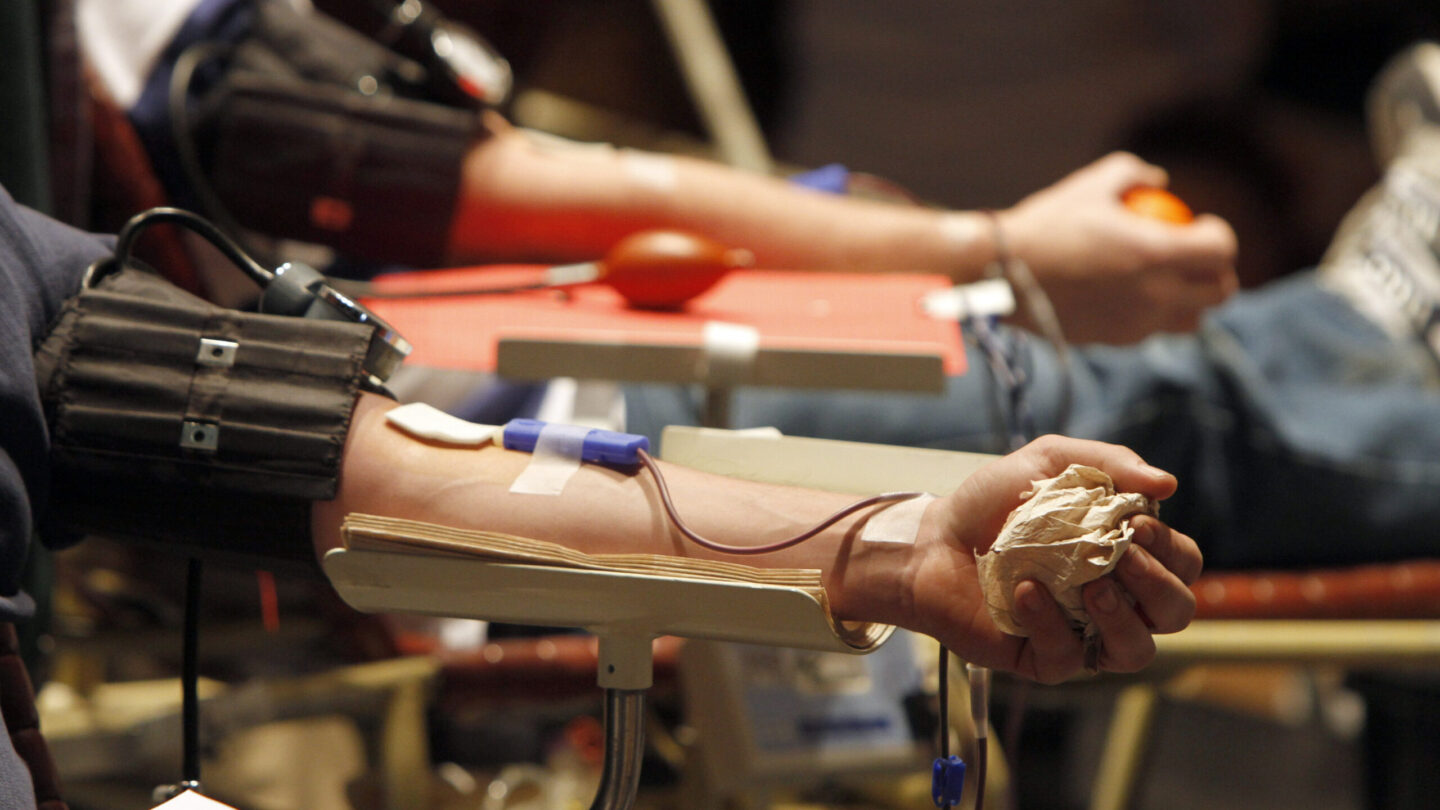The Food and Drug Administration plans to propose easing restrictions on blood donations by men who have sex with men.
A senior official not authorized to speak publicly about the decision tells NPR the agency intends to unveil the new guidance on Friday. The change is expected to take effect after a public comment period. The Washington Post first reported on the latest development.
The restrictions on donating blood date back to the early days of the AIDS epidemic and were designed to protect the blood supply from HIV. Originally, gay and bisexual men were completely prohibited from donating blood. Over time, the FDA relaxed the lifetime ban, but still kept in place some limits.
Under the current policy — last updated in 2020 — men who have sex with men can donate blood if they haven’t had sexual contact with other men for three months.
FDA officials have been weighing a new policy that would allow anyone to donate regardless of their gender and sexual identity as long as they haven’t engaged in certain sexual behaviors in the past three months.

9(MDAxODM0MDY4MDEyMTY4NDA3MzI3YjkzMw004))








